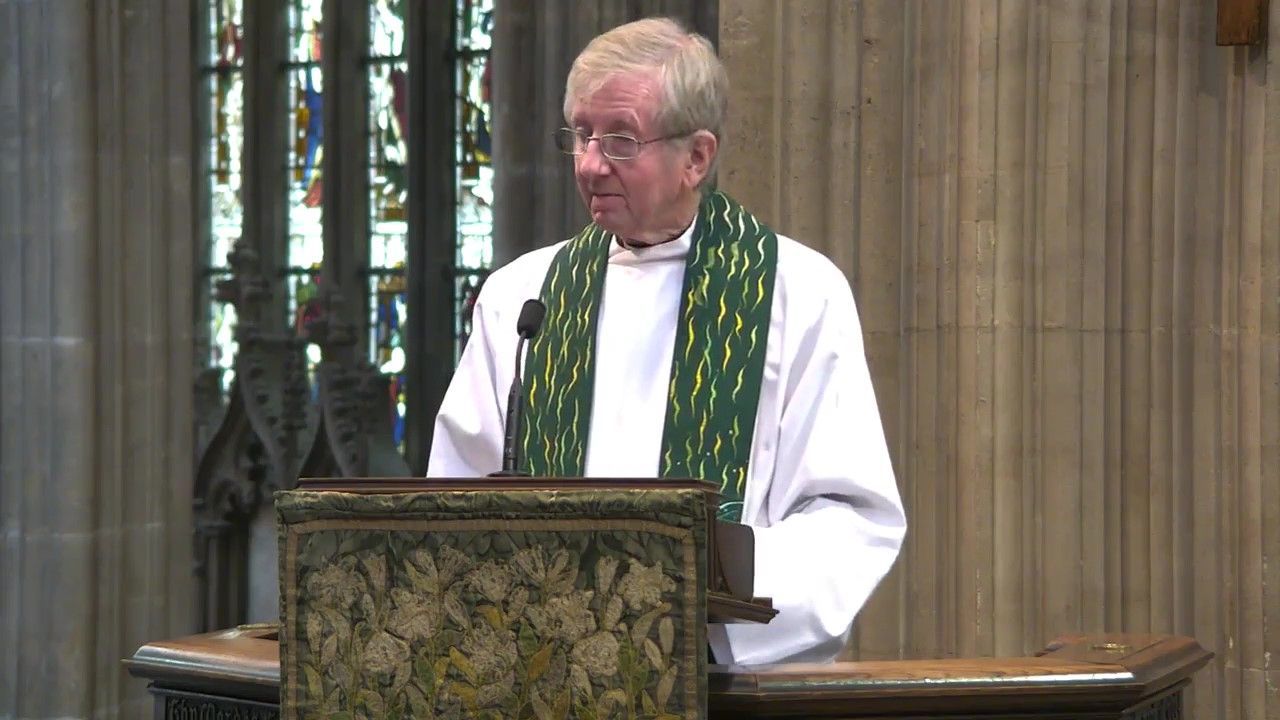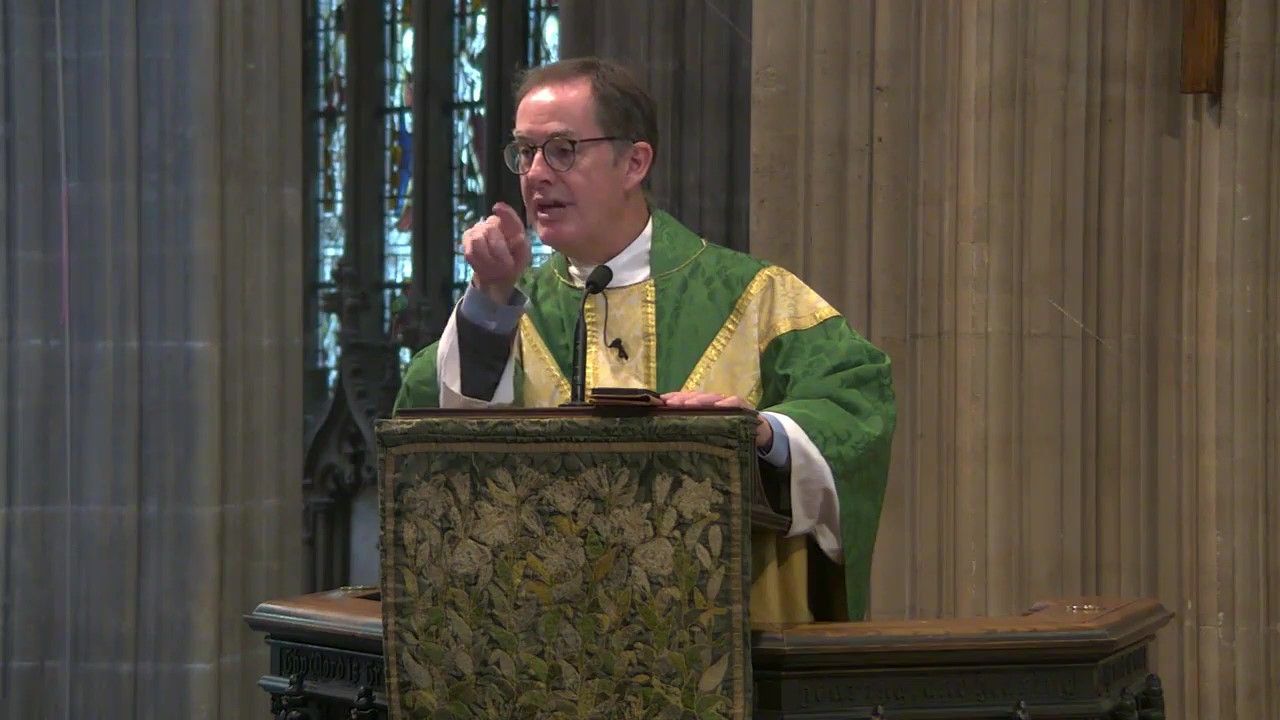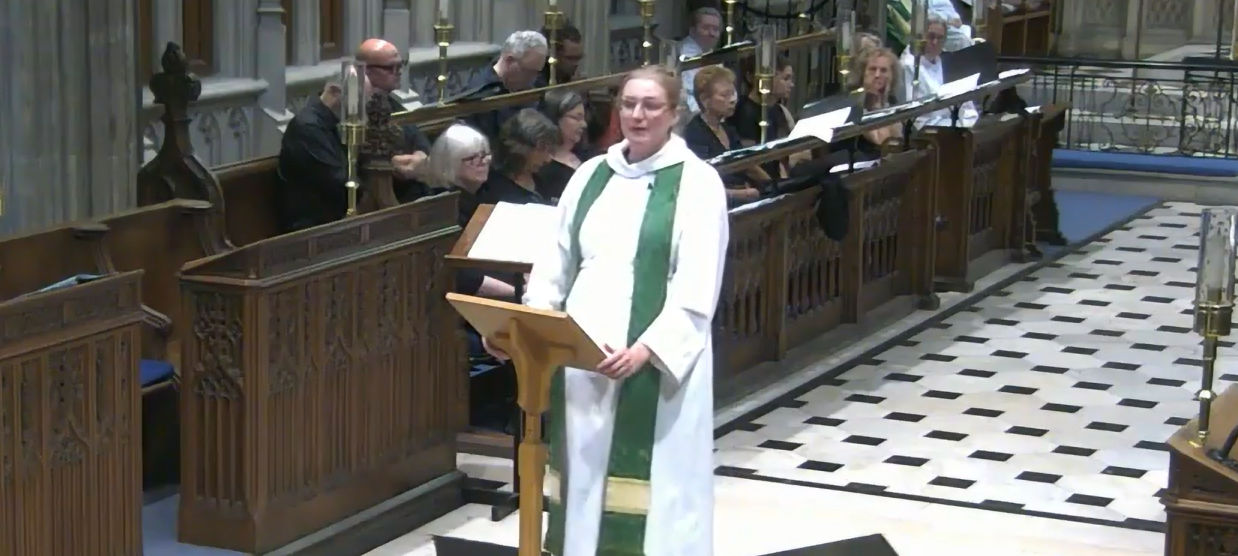Speaking in parables
Speaking in parables
I've always been interested in the way that the gospel writers (Mark, this Sunday) comment on the fact that Jesus spoke to the crowds in parables but explained everything in private to his disciples. There is something going on here: but is about insiders and outsiders, or about Jesus being badgered by his closest friends along the lines of "What on earth was that story about, Jesus?", or about Jesus' expectations of those disciples?
There is also the option of interpreting the crowds as generally more bright and intelligent than the disciples: the crowd 'get' the meaning without explanation, whereas the disciples need everything explained in full. Now whilst there is some corroborative circumstantial evidence elsewhere in the gospels, especially in the actions and reactions of Peter, I suspect that that interpretation makes for a good line in a sermon but doesn't bear much proper scrutiny!
Philip Pullman, the author of, amongst other things, His Dark Materials, understands the power of stories. In an article from 1996 about moral education he writes: Stories work secretly, and almost never in ways we can predict. And certainly never for the whole class at once. They work in silence. They work when they're given time, and when they're not harried to death by teachers desperate to get the kids past this test or that. They work when they're left alone. They work when they're not explained, when teachers have the confidence to accept a degree of mystery without flattening out the shadows in a bright neon blaze of explanation. They work when a reader encounters a character whose fate rings true, and when a thrill of recognition makes the skin prickle or the heart pound. They work in ways we can't even explain to ourselves.
Philip Pullman may, of course, be wrong: and that stories only really work when they are explained and the 'correct' understanding passed from one generation to another. But my sense is that Pullman is onto something and that stories - with their power to astonish, delight and horrify - are some of our best teachers.
Which leaves the question hanging in the air: why did Jesus tell the story to the crowd and explain everything in private to his disciples?






